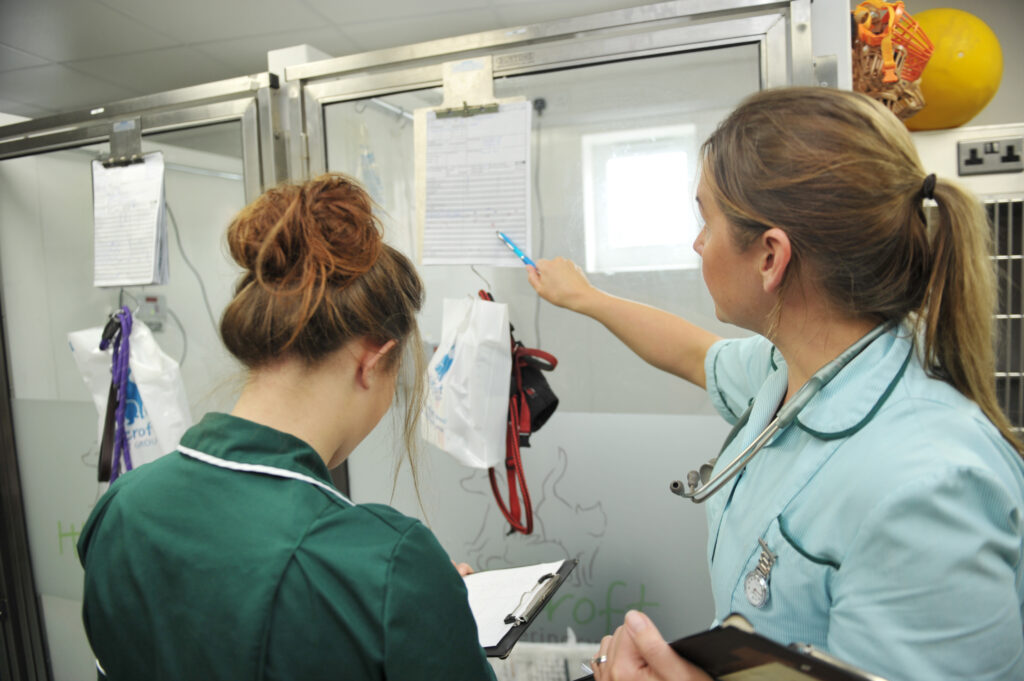
The British Veterinary Nursing Association (BVNA) has today released a Clinical Coach Toolkit to its members, offering a range of accessible resources aimed at those supervising and supporting student veterinary nurses (SVNs). This toolkit comprises webinars and informational articles, covering a range of topics to assist clinical supervisors in supporting both themselves and their students. The project also provides the opportunity for clinical supervisors to take part in bi-annual meetings led by BVNA; the first taking place in-person during BVNA Congress 2024.
The BVNA Clinical Coach toolkit is available to access here.
The toolkit is available free of charge to BVNA members. Additional resources will continue to be added over time, with ideas for content welcomed.
Those attending BVNA Congress 2024 are also welcomed to the first in-person discussion session for clinical coaches, on Saturday 12th October. The session is designed to enable supervisors to collaborate on current training issues, and will be followed by a virtual meeting in Spring 2025. Those interested in joining either this in-person meeting, or those held virtually in future, may register via the BVNA website.
Steph Worsley, BVNA Council Member and Clinical Coach Toolkit project lead, said: “BVNA is delighted to have led the work on this toolkit, which we feel is an important resource for any RVN or vet who is carrying out the clinical coach role for an SVN. This is a role which is pivotal to any student’s experience of training; responsible for developing the practical skills needed for SVNs to successfully enter the veterinary nursing profession, and requiring a range of coaching, mentoring and leadership skills – on top of continuing clinical support. We hope this toolkit helps to make the most of the working relationship between supervisor and student, whilst equipping individuals fulfilling this role with resources to manage the additional demands it can bring.”
BVNA President Lyndsay Hughes added: “I am proud that the BVNA Council team have led this project for the benefit of the veterinary nursing profession, and we are delighted to offer this toolkit to BVNA members. I would like to thank all those who have kindly contributed to its development. Clinical supervisors have a demanding but hugely important role in fostering the profession of the future, and truly deserve our recognition and support. We look forward to holding the first discussion session for clinical coaches at BVNA Congress in October, which will become an annual feature of our event.”
